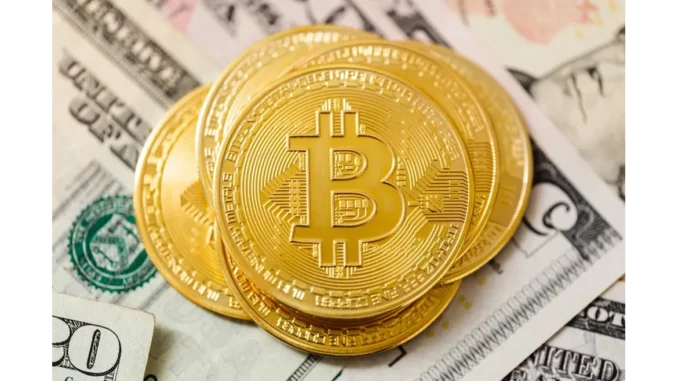
Peter Thiel, the billionaire co-founder of PayPal and an early investor in Bitcoin, recently voiced his skepticism concerning the future price trajectory of the world’s largest cryptocurrency. Despite holding a portion of Bitcoin and expressing regret for not purchasing more, Thiel’s concerns center around its incomplete anonymity and inherent volatility. This perspective starkly contrasts with the optimistic outlook of other influential figures such as Michael Saylor.
Thiel’s current stance on Bitcoin diverges significantly from his earlier views when he admitted to being “underinvested” in the cryptocurrency and expressed a desire to benefit from its price surge. He now questions the ideological foundations of Bitcoin, rooted in cypherpunk, crypto-anarchist, libertarian, and anti-centralized principles. Thiel argues that Bitcoin fails to fully embody these ideals due to its traceability and lack of complete anonymity, aspects that arguably compromise its original vision.
Thiel’s concerns about Bitcoin’s traceability have led him to doubt its potential for substantial price growth. He highlights that law enforcement agencies prefer Bitcoin over traditional cash for tracking illegal transactions, suggesting that Bitcoin may not be as decentralized or anonymous as its proponents initially envisioned. Despite these reservations, Thiel still owns some Bitcoin and acknowledges the possibility of its value increasing. Nonetheless, he expresses regret over not capitalizing on the cryptocurrency’s previous price rally in 2021, which led to significant missed profit opportunities.
This skeptical view sharply contrasts with the more bullish perspectives of Michael Saylor and other Bitcoin advocates, who regard the cryptocurrency as a revolutionary economic solution. These differing opinions may contribute to market volatility as investors weigh the associated risks and rewards of investing in Bitcoin. Industry experts, however, challenge Thiel’s reservations about Bitcoin’s future price potential. For instance, Pierre Rochard, Vice President of Research at Riot Platforms, believes Thiel underestimates Bitcoin’s potential. He points out that Bitcoin adoption remains below 1% globally, indicating considerable room for growth.
Rochard emphasizes that increased adoption and integration into global financial systems could drive Bitcoin’s price significantly higher in the coming years, countering Thiel’s predictions. Similarly, other industry leaders project substantial growth for Bitcoin in the foreseeable future. Mark Yusko, CEO of Morgan Creek, asserts that Bitcoin’s finite supply will bolster its value as demand rises. Cathie Wood, CEO of ARK Invest, interprets the growing institutional interest as a sign of Bitcoin’s strengthening position within the financial ecosystem. Her firm’s bullish outlook estimates Bitcoin could reach a price of over $1.5 million per token by 2030 as adoption accelerates.
Michael Saylor, Chairman of MicroStrategy, shares this optimism, believing that Bitcoin will “eat gold” and eventually become the most coveted asset globally. Saylor argues that Bitcoin offers unparalleled opportunities for capital preservation and appreciation, positioning it as a transformative asset class.
As the discourse surrounding Bitcoin’s future evolves, the differing perspectives of influential figures like Peter Thiel and Michael Saylor will undoubtedly shape market sentiment and the broader narrative around the cryptocurrency. While Thiel’s skepticism might contribute to short-term volatility, it is crucial to consider the unique insights and experiences of all stakeholders involved. This dynamic interplay of opposing viewpoints will continue to drive the development and understanding of Bitcoin’s role in the global financial landscape.

Be the first to comment